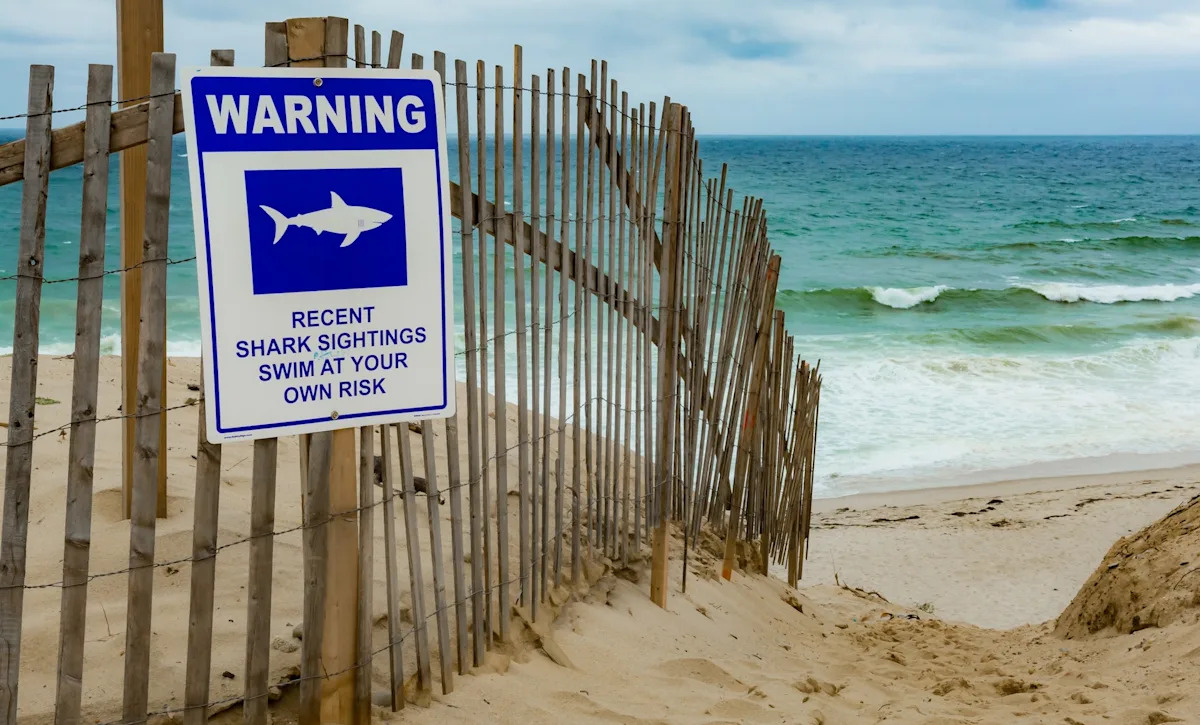Shark attacks are on the rise, and climate change may be to blame.
Scientists point to warming waters and shifting ocean ecosystems as a potential cause for the surge in shark bite reports.
What’s happening?
In June, a 16-year-old boy was attacked at Cabarita Beach in New South Wales on Australia’s east coast. He sustained arm and leg injuries and was taken to the hospital by helicopter in a stable condition, the International Business Times reports.
The shark lingered for a while after the boy was rescued, and the beach was closed for 24 hours as a precaution against further incidents.
News.com.au reported earlier this year that shark attacks were on the rise in Australia, likely from a combination of increased human beach activity and climate change.
According to Tracking Sharks, there have been 31 shark attacks globally this year as of July 7. Three of these were provoked, and eight were fatal. Of the 31 attacks, eight were in the United States and 10 were in Australia.
Watch now: Giant snails invading New York City?Why are rising ocean temperatures important?
As reported by NASA, ocean temperatures have been rising since 1970, with the last decade being the ocean’s warmest since the 1800s. The Environmental Protection Agency estimated that “from 1901 through 2023, temperature rose at an average rate of 0.14°F per decade.”
The warming waters may make coastal habitats more suitable for sharks. A 2024 study found a five-fold increase in juvenile bull sharks off the coast of Alabama from 2003 to 2020.
When the coasts become better habitats for sharks, the rate of incidents between sharks and humans is bound to increase. It also means that they may be spending less time in their typical habitats.
Sharks play a critical role in these habitats as predators, regulating the ecosystem and preventing overpopulation.
Climate change is making it more difficult for a variety of species to survive, threatening biodiversity loss around the globe.
What’s being done about shark populations?
Programs like the Shark Conservation Fund’s Shark Biodiversity Initiative aim to protect 50 crucial shark habitats from human damage and influence.
Local communities are also doing their part to protect sharks, such as this group of women in Mexico’s Sea of Cortez.
To stop warming oceans and the other adverse effects of human-caused climate change, we need to move away from dirty energy sources and embrace clean energy. As the Australian Climate Council contends, “the only solution is to end climate pollution as quickly as we can.”
Join our free newsletter for good news and useful tips, and don’t miss this cool list of easy ways to help yourself while helping the planet.
